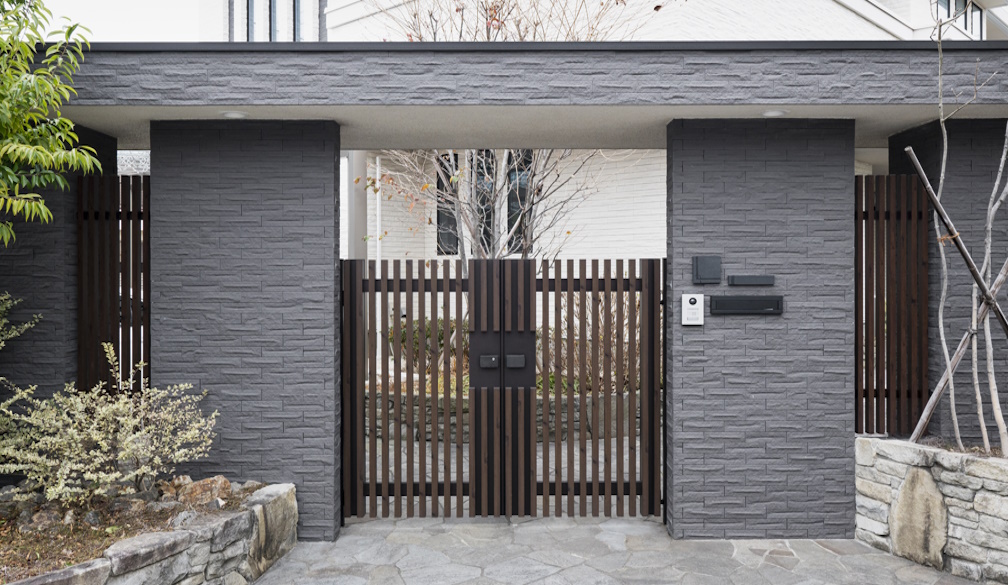Rust Prevention Tips for Wrought Iron Gates

Wrought iron gates are timeless, offering both elegance and strength to any property. Their intricate designs and sturdy construction make them a popular choice for homeowners and businesses alike. However, like all iron-based materials, they are prone to rust when exposed to the elements. Rust not only diminishes their appearance but also weakens their structural integrity over time. Fortunately, with the right care and proactive measures, you can keep your wrought iron gates looking pristine and functioning effectively for decades.
Whether you’ve recently installed a new gate or are maintaining an existing one, rust prevention should be a top priority. In this article, we’ll explore practical rust prevention tips, from simple maintenance routines to professional support like a general welding and fabrication service when repairs are needed.
Why Wrought Iron Gates are Prone to Rust
Wrought iron is incredibly durable, but its iron composition makes it highly susceptible to oxidation when it comes into contact with water and oxygen. This natural reaction forms rust, which eats away at the metal surface and, if left untreated, can cause extensive damage.
Factors that accelerate rust formation include:
- Weather exposure: Rain, humidity, and morning dew all contribute to rust development.
- Salt air: Properties near the coast experience higher risks due to salt carried by the wind.
- Scratches and chips: Any damage to protective coatings leaves the raw iron exposed.
- Neglected maintenance: Without regular care, rust spreads quickly.
The key to protecting wrought iron gates lies in prevention rather than cure. Once rust takes hold, repairs become more difficult and costly.
Regular Cleaning and Inspection
A simple yet highly effective rust prevention strategy is regular cleaning. Dirt, dust, and moisture can settle into small crevices, creating the perfect breeding ground for rust.
- Wash your gate every two to three months using mild soap and warm water. Avoid harsh chemicals that may strip protective coatings.
- Rinse thoroughly and dry with a soft cloth to remove moisture.
- Inspect closely for small chips, scratches, or early signs of rust. Addressing these quickly prevents larger issues later.
Apply Protective Coatings
Protective coatings are your wrought iron gate’s first line of defence. These coatings create a barrier between the metal and the elements.
- Primer and paint: A high-quality primer designed for metal, followed by weather-resistant paint, offers strong protection.
- Powder coating: A professional powder-coated finish provides a thicker, more durable layer than paint alone, and it resists chipping.
- Sealants and waxes: After painting, you can apply a clear metal sealant or even furniture wax to add an extra shield.
Regular touch-ups on any worn or damaged areas are crucial to maintaining this protective layer.
Address Rust Immediately
If you spot rust forming, swift action is essential. Left unchecked, rust spreads quickly across wrought iron surfaces.
Steps to manage small rust patches:
- Sand the area with fine sandpaper or a wire brush to remove rust flakes.
- Apply a rust converter to neutralise any remaining rust.
- Re-prime and paint the affected area to restore full protection.
For larger or more severe rust damage, professional assistance may be required. In such cases, engaging a reliable general welding and fabrication service can help restore structural integrity and ensure the gate continues to function safely.
Lubricate Moving Parts
Hinges, latches, and locks are vulnerable to rust since they often trap moisture in hard-to-reach areas. To prevent wear and corrosion:
- Apply oil or silicone-based lubricant every few months.
- Wipe away excess lubricant to prevent dirt build-up.
- Check for grinding or stiffness and address issues promptly before they cause further damage.
Protect Against Moisture
Since water is the primary culprit behind rust, reducing your gate’s exposure to moisture is key.
- Improve drainage: Ensure water does not pool around the base of your gate.
- Trim surrounding vegetation: Overhanging plants can trap moisture against the gate.
- Use gate covers or awnings: In particularly wet climates, additional shelter can help reduce direct water contact.
For coastal homes, rinsing your gate with fresh water every few weeks can help remove salt residue that accelerates rusting.
Seasonal Maintenance Checklist
To simplify the process, create a seasonal checklist for your wrought iron gates:
Spring:
- Full cleaning and inspection
- Touch up paint chips from winter weather
- Lubricate moving parts
Summer:
- Rinse regularly if near the coast
- Ensure vegetation is trimmed back
Autumn:
- Inspect before wet weather sets in
- Apply protective sealant or wax
Winter:
- Check drainage to avoid water pooling
- Perform monthly spot checks for rust
When to Call in the Professionals
While DIY maintenance covers most needs, there are times when expert help is essential. Severe rust damage, broken welds, or structural issues require specialist repair to avoid compromising the gate’s function and safety. Professional services can:
- Remove and replace damaged sections
- Re-weld broken joints
- Reapply durable powder coatings
- Extend the overall lifespan of the gate
If you’re noticing widespread damage, engaging a professional with experience in wrought iron gates and access to a quality general welding and fabrication service is the best way to protect your investment.
Ready to get started?
Wrought iron gates add beauty, sophistication, and security to any property – however, their elegance requires consistent care to prevent rust from diminishing their value. By cleaning regularly, applying protective coatings, lubricating moving parts, and addressing rust promptly, you can extend the life of your gates significantly.
Proactive maintenance combined with professional support when needed ensures your wrought iron gates remain as strong and stylish as the day they were installed. With a little effort and attention, you can enjoy their charm and durability for many years to come.










